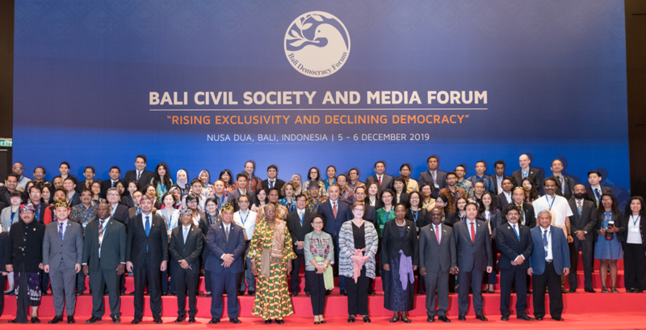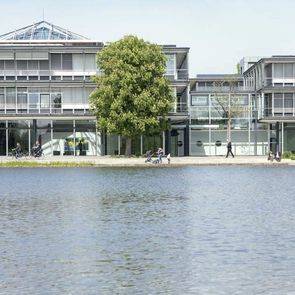Shop Talk at Pew Research Center, Washington DC
Democratic backsliding can be defined as the gradual weakening of checks on government and civil liberties by democratically elected governments. In my talk I discussed potential causal paths likely to trigger and support backsliding. By comparing episodes of democratic decline over time and with countries not affected by backsliding, I investigated the extent to which weaknesses of particular democratic institutions, economic crises, exposure to globalization, the presence of populist political actors and polarized political communication in a digital public sphere contribute to backsliding. My empirical analysis was based, amongst others, on the Digital Society Survey and the Global State of Democracy (GSoD) Indices, an set of composite indicators that measure democratic performance across 158 countries from 1975 to today.



